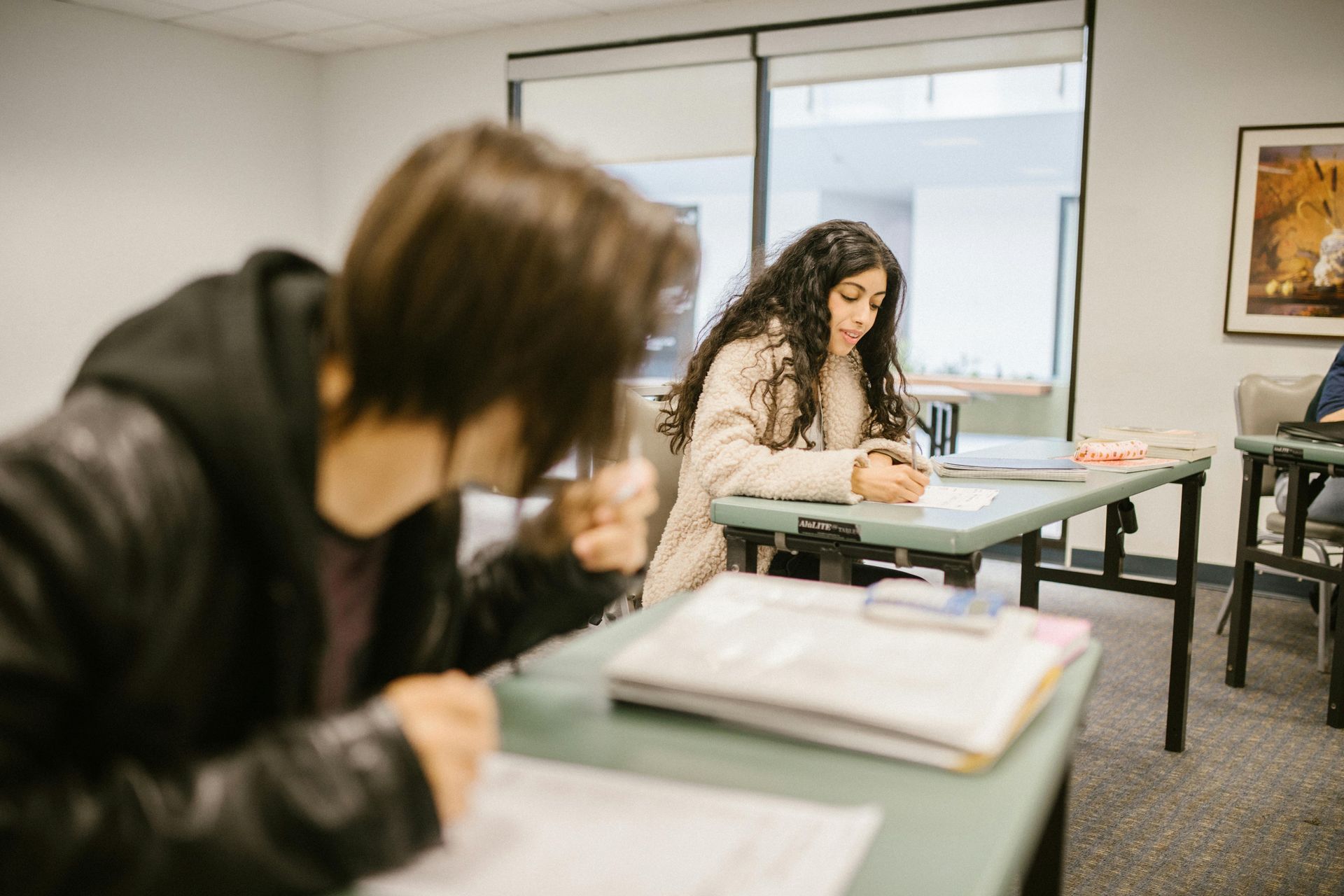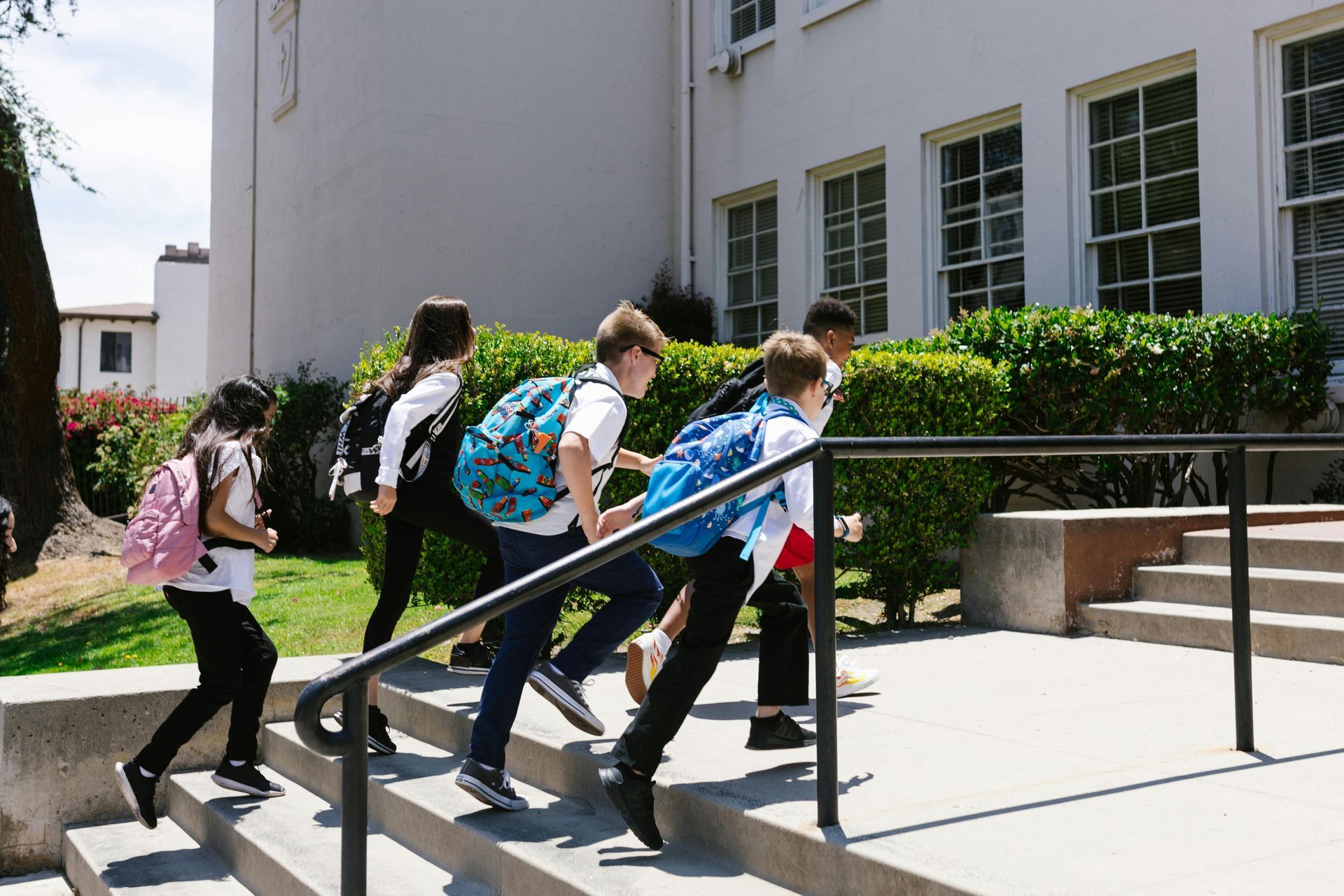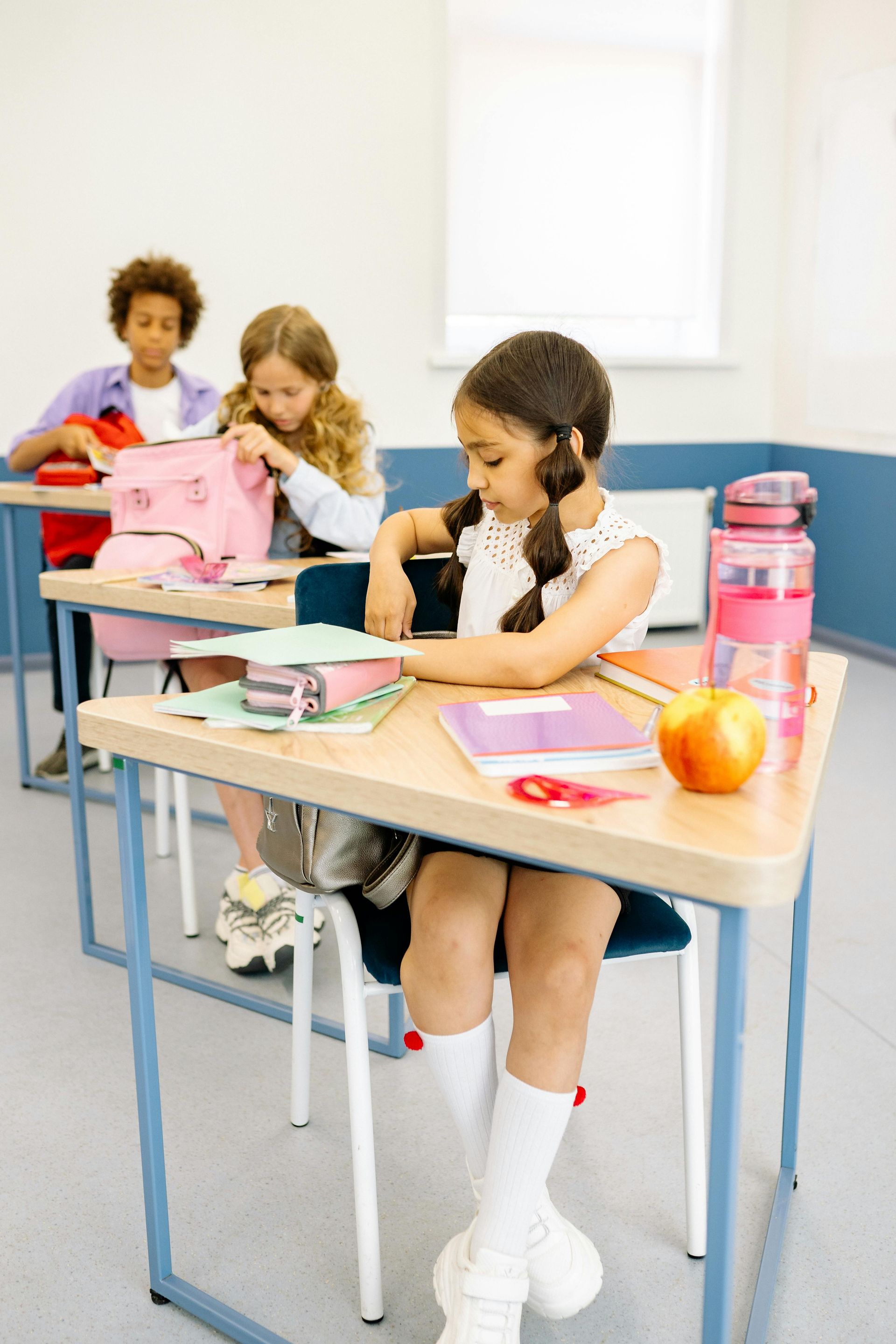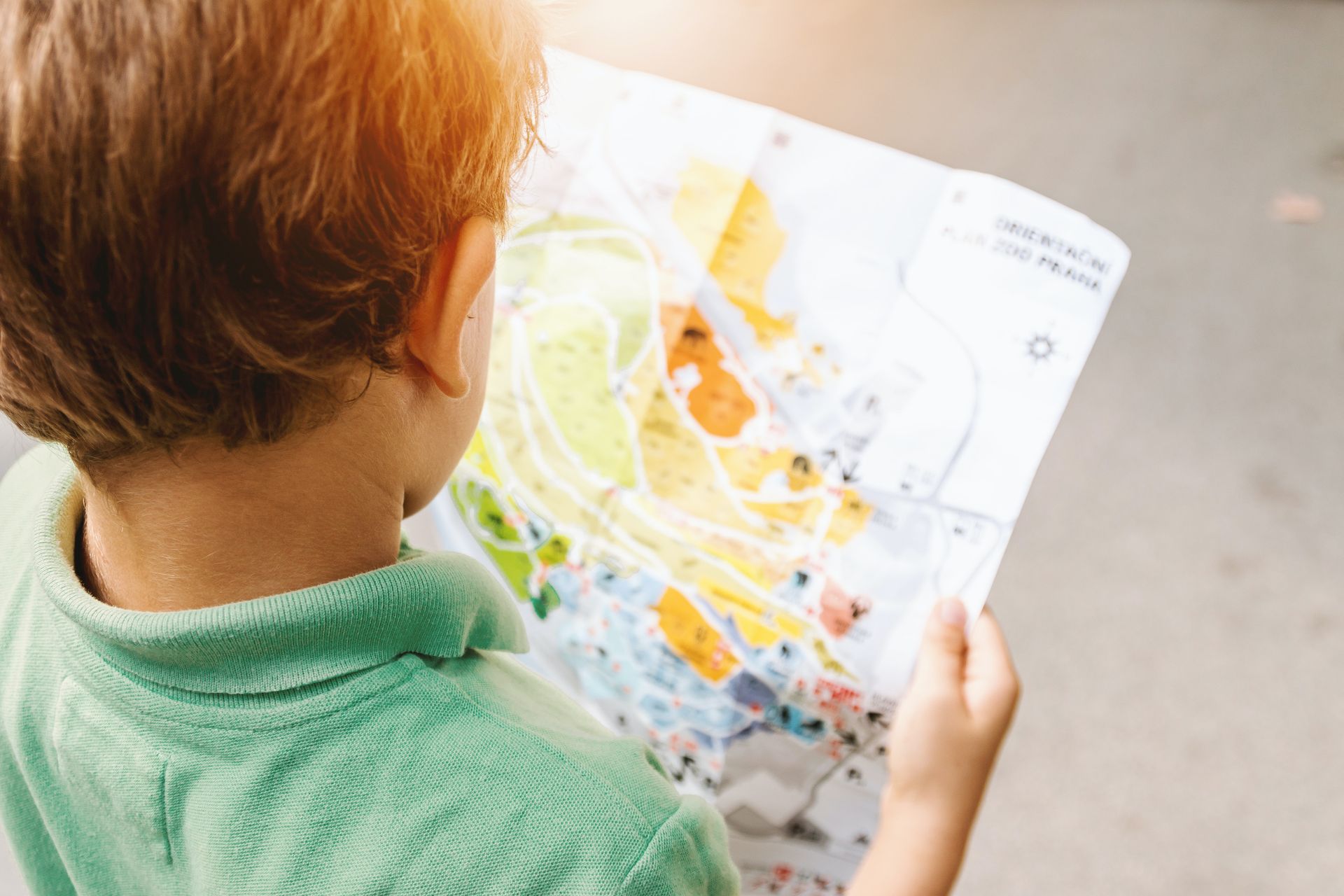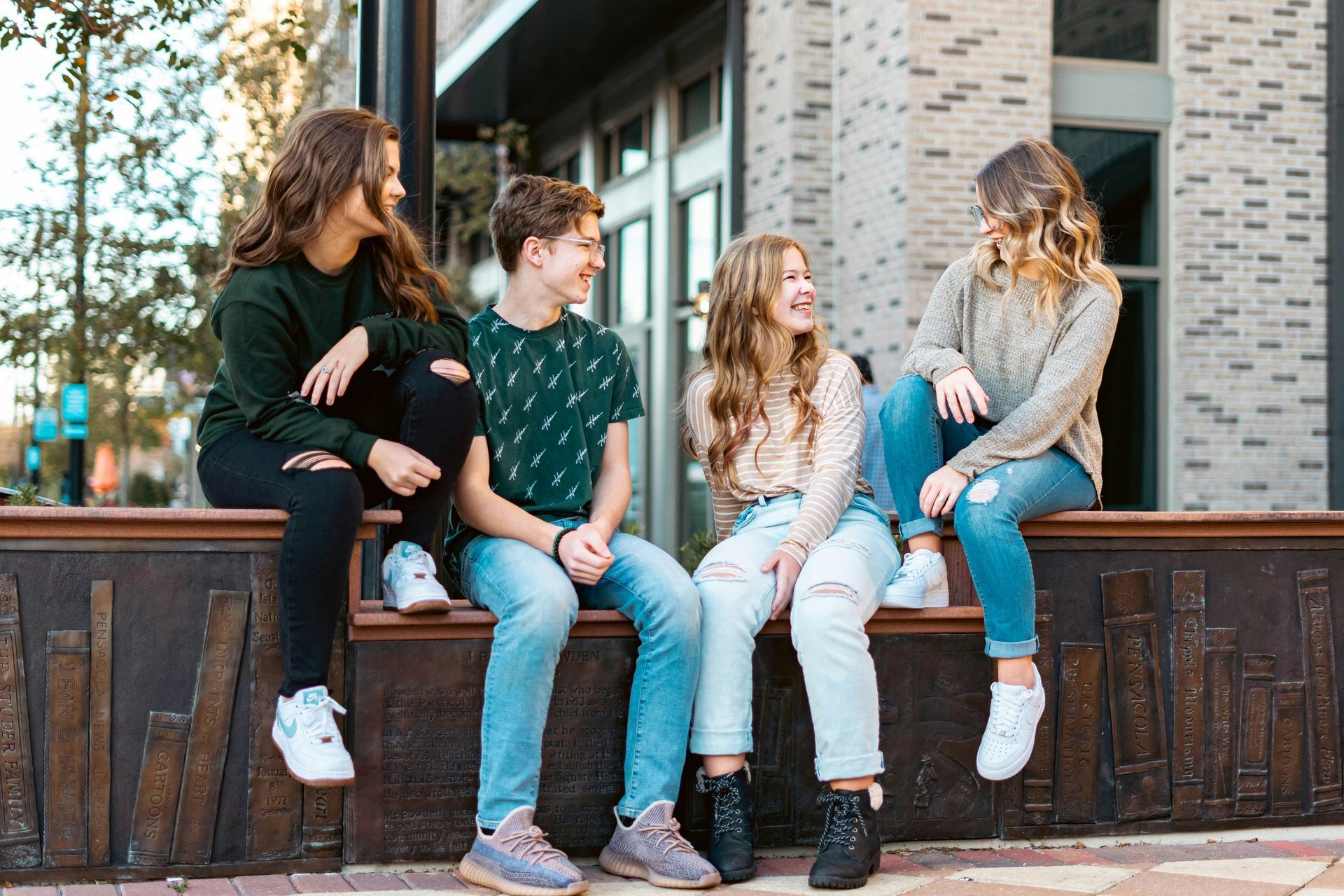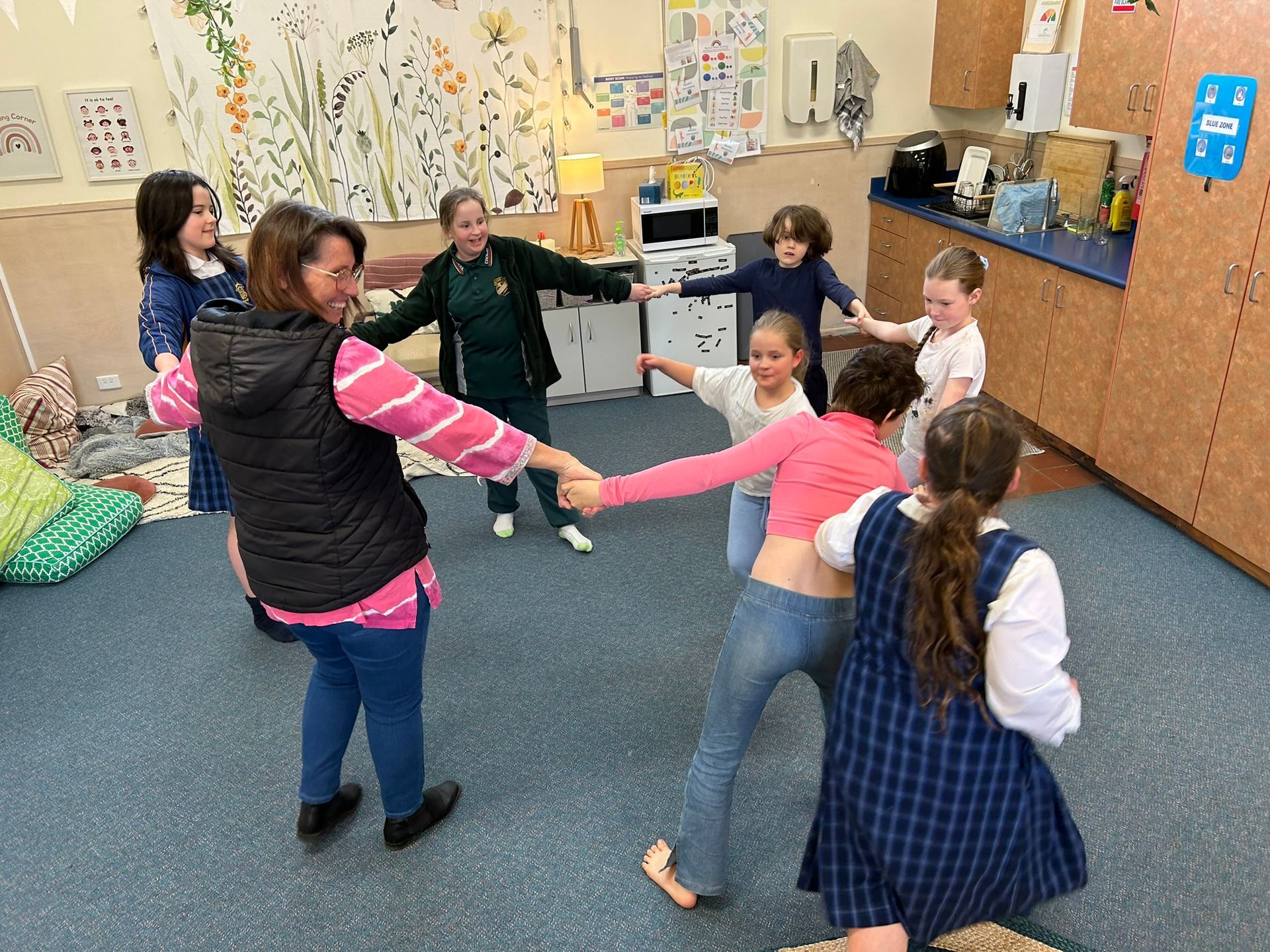Back to School Tips
Stay Calm & Prepare
I have worked for over two decades in schools. In that time, I've learned that it's the little things that count when it comes to preparing our young people for the new school year. So whether your young person is starting Prep, moving schools, starting high school or coming back to the same school after the holidays, these tips are here to help everyone feel a little calmer about what lies ahead. You've got this :)
Consider sending the teacher a SNAPSHOT OF YOUR CHILD. Strengths, challenges and strategies that might help. The snapshot could be a letter to the teacher from your child, or a one-page document such as: '10 Things About Me'. Involve your child - get their input. Keep it to one page! High school students might like to send an introductory email to their Mentor or PCG teacher. This Planning Matrix from Positive Partnerships is an excellent resource to get you started. https://www.positivepartnerships.com.au/resources/practical-tools-information-sheets/planning-matrix
Consider an INFORMAL 'POP IN' (check with the teacher first). This is not a formal meeting, just a quick 5 to 10 minute 'hello' to connect with the teacher and to get familiar with the new classroom/setting. Student free days can be a good time for this. Tip: Keep it to 5-10 minutes! If you want to discuss your child at length, book a time to do this in the first few weeks of school.
The WALK THROUGH. Even if you don't get a chance to connect with the teacher, a casual walk through can familiarise and reconnect your child with school. Weekends are a good time to do this, particularly when the school is quiet and you are not rushed. You could even bring the iPad or smartphone and take a videos or photos of the main areas of the school so your child can familiarise themselves with their new setting before starting.
BOOK DROP-OFF: Book drop-off day in primary school can be exciting for some and daunting for others. Your child's teacher might be open to you and your child dropping their books off at another day or time, when it's quiet. The teacher might even be able to show your child where they'll be sitting, where to put their bag, where they can go for chill out time etc. Your teacher might be happy for you to take photos for you to insert into a social story (see below). Simply email your child's teacher to see if this is possible, there's no harm in asking!
UNIFORM SHOP: Secondary students - same thing. Although your high school child isn't dropping off books, they probably need something from the uniform shop (or you can tell them they at least need school code socks as an excuse to get them there!). Uniform shops can be as busy as book drop-off at this time of year, so consider phoning the uniform shop to ask when there is low traffic and take them in then. Again, this is a good chance to have a casual walk through the school, take photos, look at bag racks, identify safe spaces or practise using lockers.
Short conversations about what to expect and school routines can alleviate last-minute information overload. This can also ensure your child's questions don't go unanswered. You could even set up a Q&A box where your child can post questions or worries when they think of them!
Practise! Whatever your child/teens needs to practise, this is the time to do it. Some children might need practise opening/closing their lunch box or using zips, others packing their bags or getting dressed, while high school students might need practise using their locker combination, setting up their diary or calendar or opening files on their laptop. Whatever needs practising, now is the time!
Establish a ROUTINE and visualise it (e.g. checklists, whiteboards, schedules and calendars etc.). Avoid starting the routine on Day 1 of the new year. Start at least a week before school is back and get into routine. Practice makes perfect!
COUNTDOWN as the start date gets closer. Calendars, whiteboards and social stories work well. Here is a great free resource to help you prepare a simple social story about your child's school.
UNIFORMS matter! Give your young person opportunities to wear the uniform around the house beforehand. This gives them a chance to get used to the new textures and sensations, and time for you to problem solve potential issues that may arise due to sensory differences. There's nothing more stressful than trying to sort out 'too tight' shoes or itchy tags minutes before you're due to leave the house on the first day of school!
'WHAT-TO-DO CHATS'. If your child is anxious, allow them to express their concerns without jumping in to provide a solution. Together, try to problem solve some 'what to do' scenarios. Ensure your child knows their safe person and safe place from Day 1.
Friendships... Talk about who your child already knows. Discuss what your child can do during unstructured times (e.g. morning tea and lunch). Are there clubs they can join? Are there open classrooms at lunch such as the Learning Support Department, Music Room or Library? What games might the other children be playing? Do they need practise playing these games (e.g. handball)?
Coping/Calming Strategies. Do you need to pack fiddle or sensory toys? Does your child need headphones? Do they have one or two 'go to' strategies to use when feeling overwhelmed? Do they know their safe space or safe person at school? Remember to ask your child what works for them.
Taking care of you. OK, now you've prepared your child or teen, what about you? Get out your phone and set a reminder for a specific day/time to do something you enjoy - whether it's a cuppa on your own or with a friend, going for a walk or having a hot bath when the kids are at school - set an intention to do it, you deserve it!


